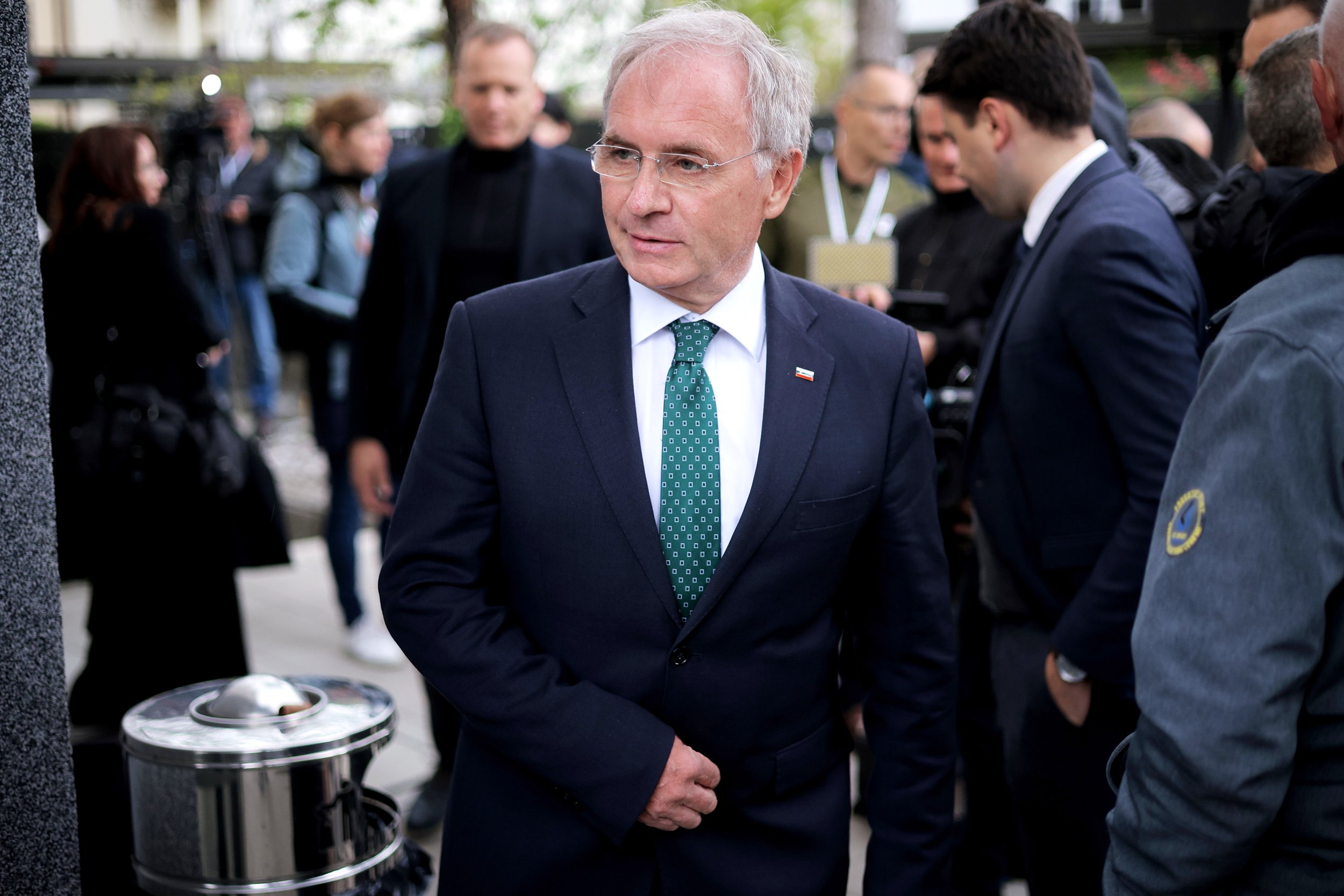Original article (in Slovenian) was published on 17/4/2024; Author: Nina Rozman
The Slovenian Commission for the Prevention of Corruption explained that 13 EU member states have an independent anti-corruption body comparable to Slovenia’s, although their scope and powers vary.
On 21 March, during TV Slovenia’s current affairs show “Tarča,” former Interior Minister Aleš Hojs claimed that “only four countries in Europe have an anti-corruption commission like Slovenia’s.”
The discussion centered around ongoing investigations against Prime Minister Robert Golob, conducted by the Ljubljana Police Department, the Specialized State Prosecutor’s Office, the Commission for the Prevention of Corruption (KPK), and the Parliamentary Commission of Inquiry into Political Interference in the Work of the Police. Hojs made his statement in response to KPK Chairman Robert Šumi’s claim that the European Commission promoted the establishment of such bodies.
The KPK clarified to Razkrinkavanje.si that 13 EU member states possess an independent body dedicated to combating corruption—tasked with preventing graft and ensuring the integrity of officials. Some of these countries also have bodies responsible for prosecuting corruption. According to the KPK, most of these organizations are similar to Slovenia’s anti-graft body but vary in their scope and powers because “the regulation of the fight against corruption falls under the jurisdiction of each individual country.”
According to the KPK:
- in Belgium, the fight against corruption is the responsibility of the Federal Ombudsman
- in Cyprus, there is an independent Anti-Corruption Authority
- France is served by a High Authority for transparency in public life
- Greece has a National Transparency Authority
- in Croatia there is a Conflict of Interests Commission
- Italy has a National Anti-Corruption Authority
- in Lithuania there is an Ethics Commission
- Hungary has an Integrity Authority
- Malta has a Permanent Commission against Corruption
- in the Netherlands there is a Whistleblowers Authority
- in Romania there is a National Integrity Agency
- Slovakia relies on a Civil Service Council
- In Portugal, a National Anti-Corruption Mechanism was launched last year
Some of these anti-corruption bodies have a broader remit than others. While some focus more on the prosecution of corruption—a role typically handled by law enforcement authorities in Slovenia—others concentrate solely on prevention and the integrity of officials.
The KPK further explained that the fight against corruption began with the recognition of the need to prosecute corruption offenses. Only later did this effort expand to include preventing corruption and strengthening integrity. Initially, the scope of institutions considered as mechanisms for combating corruption varied considerably across different countries.
The Council of Europe’s Group of States against Corruption (Greco) emphasized that, in monitoring these anti-corruption bodies, they consistently recommend that these organizations should be assured independence, sufficient authority in the exercise of their powers, and stable sources of funding.
We were also provided with a link to a 2020 analysis of global anti-corruption bodies showing that in most of the 114 countries and territories analyzed, one body is responsible for fighting corruption. Typically, these bodies primarily possess the power to investigate or prosecute individuals involved in corrupt activities.
The United Nations Convention Against Corruption, adopted by the UN General Assembly in October 2003, mandates that each state party should ensure the establishment of an appropriate body or bodies dedicated to the prevention of corruption, in line with the fundamental principles of its legal system.
In February of this year, the European Committee of the Regions—an EU advisory body consisting of locally and regionally elected representatives from the member states—emphasized the critical role of combating corruption in upholding the rule of law. In their opinion on the EU Anti-Corruption Framework, they highlighted the commitments to the rule of law, including efforts against corruption and organized crime, that EU member states agreed to upon joining the bloc.
The Committee also urged member states to tackle corruption across local, regional, national, and European levels. It recommended that local and regional authorities review and refine their ethics and integrity policies to more effectively combat potential corrupt practices.
We have shared our findings with Aleš Hojs and will publish his response upon receipt.
The claim that “only four countries in Europe have an anti-corruption commission like Slovenia’s” is false.



